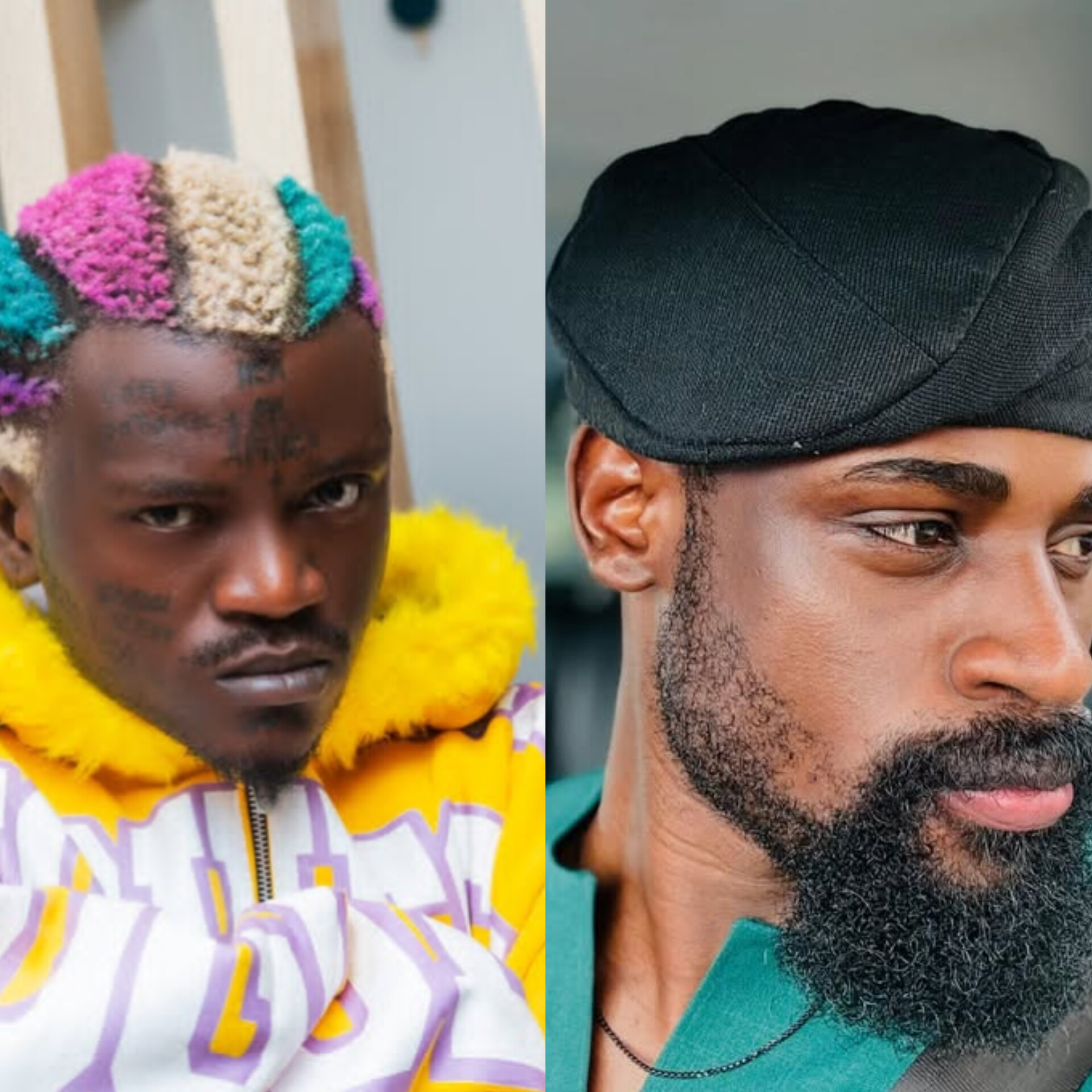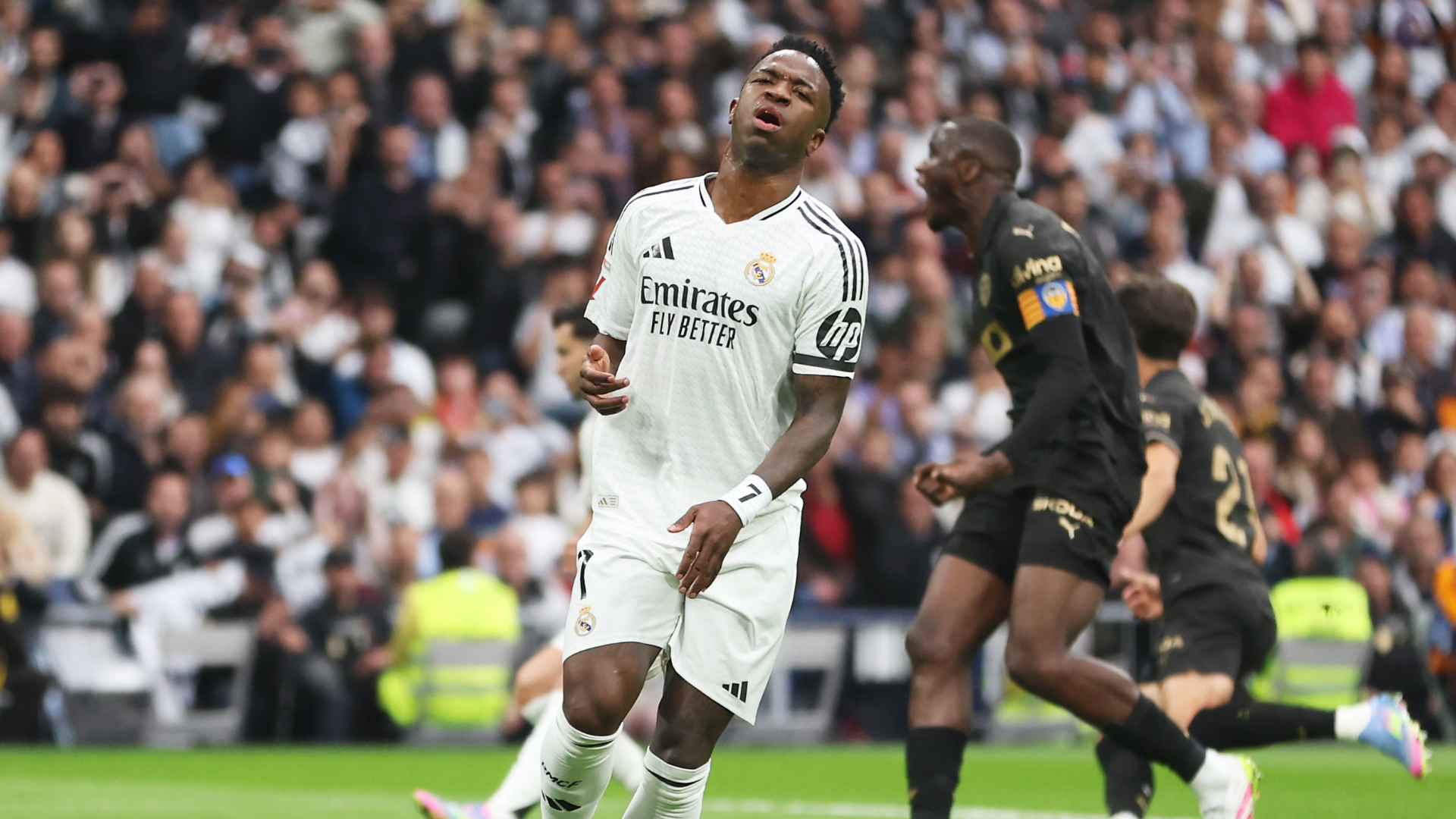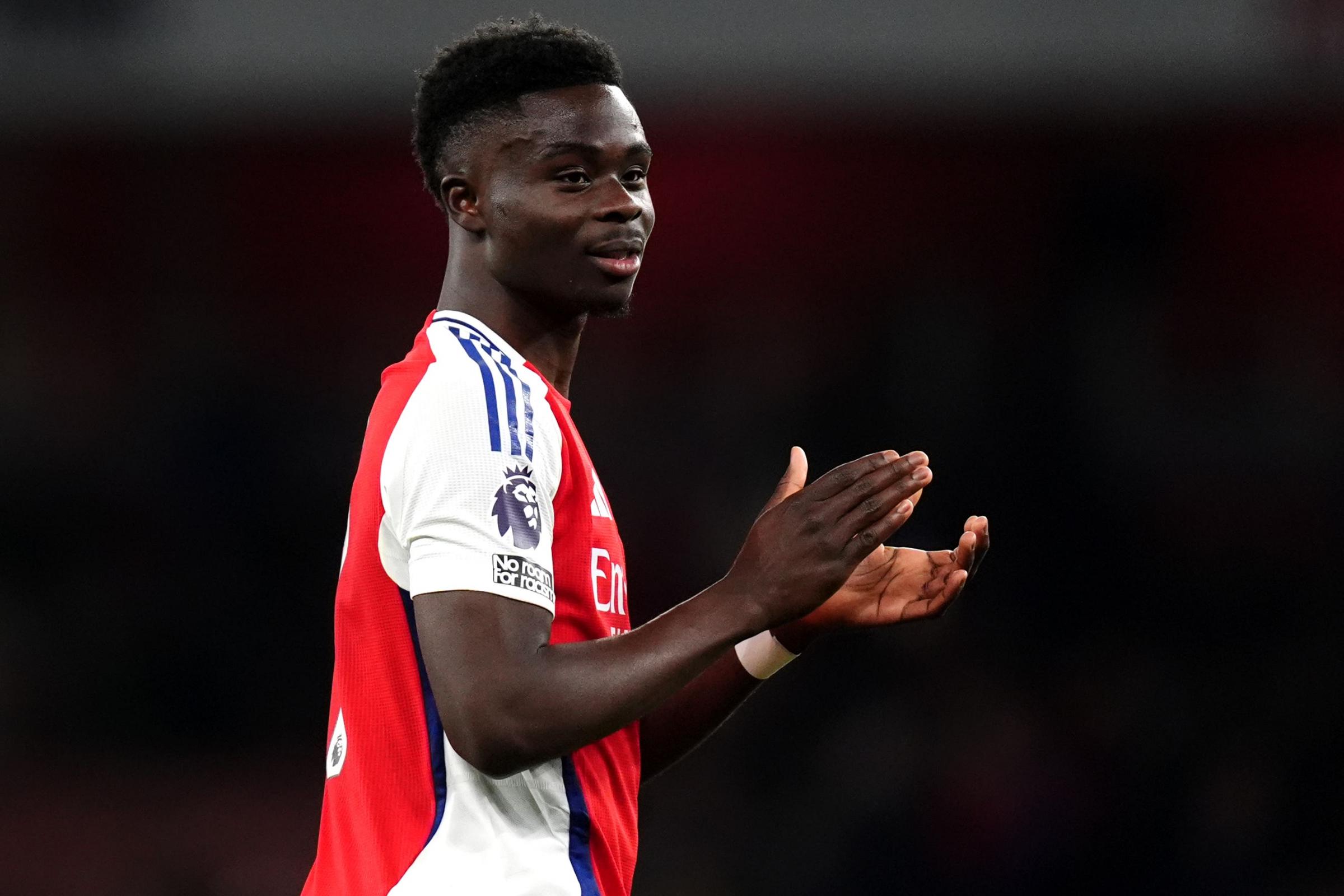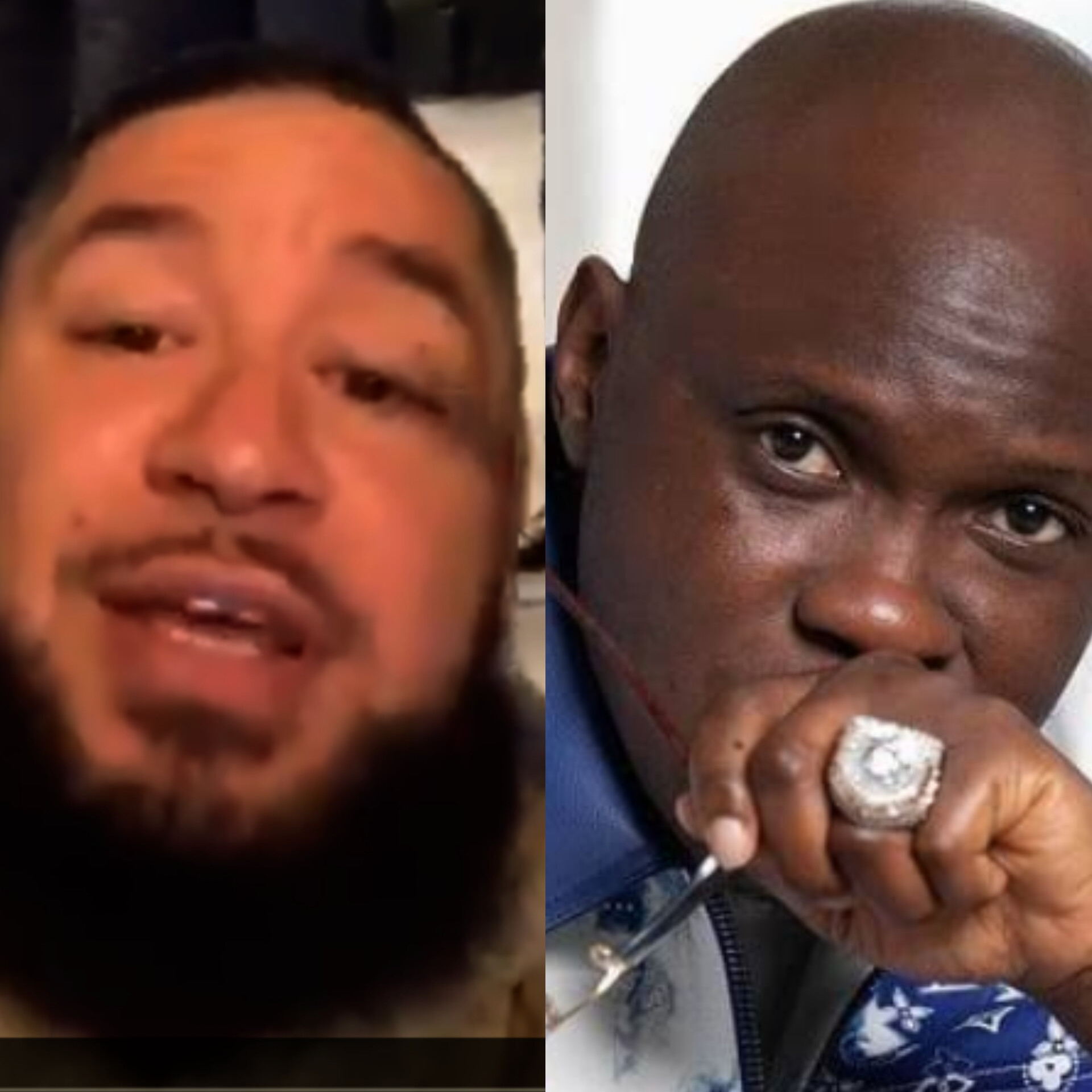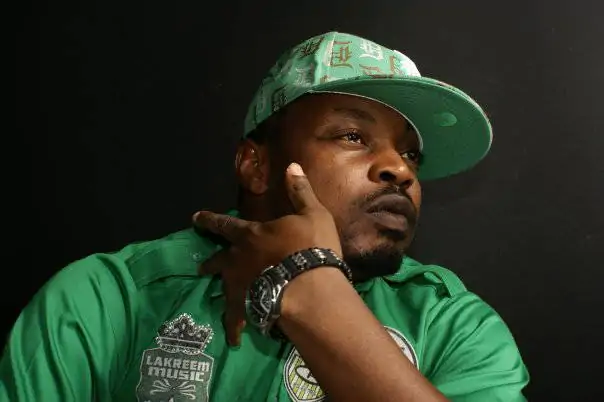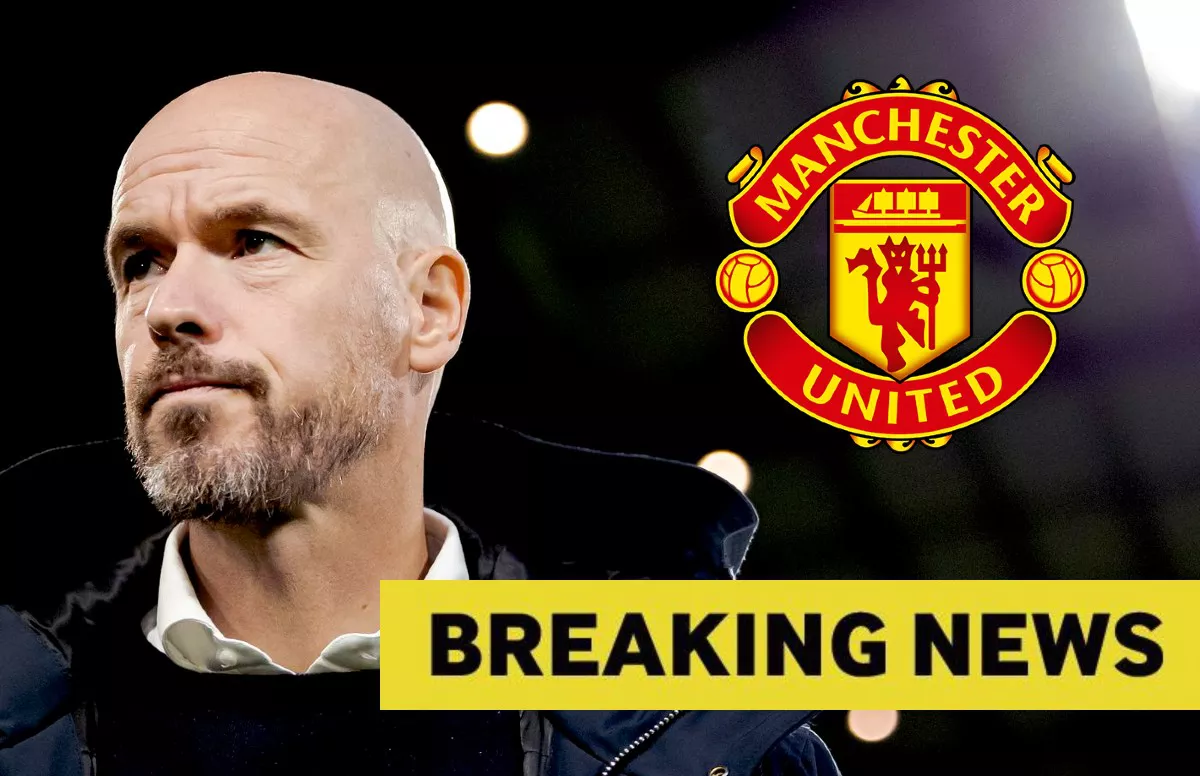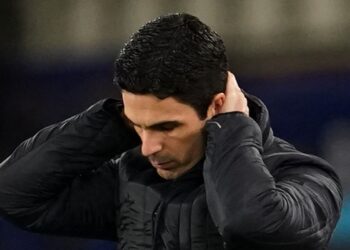By Fasuyi Tolulope Samuel
Prada has announced the acquisition of its longtime rival, Versace, in a deal valued at €1.25 billion ($1.375 billion), including assumed debt.
The acquisition, confirmed on Thursday, April 10, marks one of the most significant consolidations in Italian fashion history.
This bold step places Prada in a stronger position to challenge the dominance of French luxury conglomerates. The transaction comes amid differing trajectories for both brands—Prada has maintained steady growth despite a slowdown in global luxury demand, while Versace has struggled with continued financial losses.
“This deal gives Versace a new lease on life under the leadership of one of Italy’s most influential luxury houses,” the company noted.
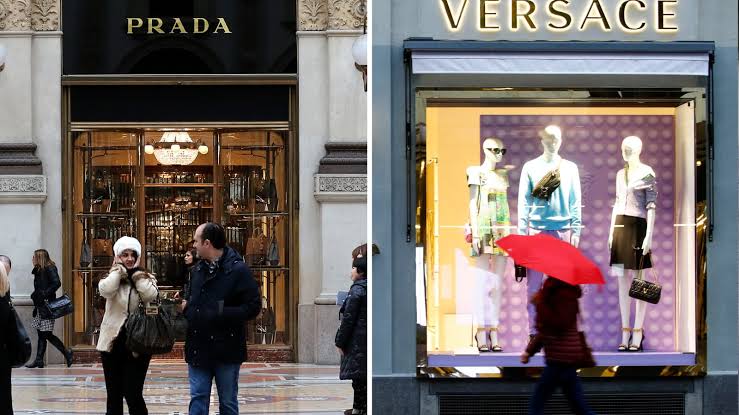
The acquisition follows the March 13 announcement that Donatella Versace would step down as Chief Creative Officer, officially ending an iconic era for the brand founded by her late brother, Gianni Versace.
Read: Tiwa Savage Calls Out Age Shaming and Double Standards in Fashion Criticism
Her departure paves the way for a new direction in the brand’s creative future. “We aim to continue Versace’s legacy celebrating and re-interpreting its bold and timeless aesthetic,” said Prada Chairman Patrizio Bertelli.
He emphasized Prada’s ability to offer Versace a strong foundation built on years of strategic investment and industry expertise. Bertelli and his wife, the legendary designer Miuccia Prada, are the key stakeholders in the company.
The agreed purchase price reflects a steep discount from the $2.15 billion paid by Capri Holdings—formerly known as Michael Kors—in 2018 when it acquired Versace from the founding family and private equity firm Blackstone.
Prada’s acquisition signifies a fusion of distinct styles: its signature minimalist aesthetic will now be complemented by Versace’s flamboyant baroque flair, potentially appealing to a broader and more diverse customer base.“Versace has huge potential.
The journey will be long and will require disciplined execution and patience,” said Prada CEO Andrea Guerra, hinting at a calculated and long-term strategy for brand revival.
This acquisition also signals Prada’s return to major dealmaking after a decades-long hiatus. The company had previously stepped back from such ventures following what Bertelli referred to as “strategic mistakes” in the late 1990s, when it acquired and later sold brands like Helmut Lang and Jil Sander.
The move comes during a period of market uncertainty, with numerous global mergers and IPOs being delayed due to equity market volatility and recession fears spurred by new U.S. tariffs.
Nonetheless, Prada’s decisive action signals confidence—and may well redefine the luxury fashion landscape in Europe and beyond.


